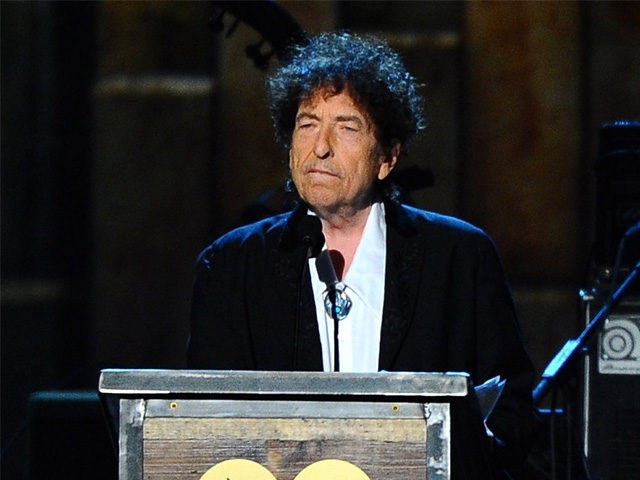Rock and folk legend Bob Dylan has been accused of lifting sections of his 2016 Nobel Prize in Literature acceptance speech from a SparkNotes.com summary of Moby Dick.
Andrea Pitzer, a contributor for Slate, wrote that Dylan’s speech last week included plagiarized lines from an abridged summary of Moby Dick, the Herman Melville novel that the “Blowin’ in the Wind” singer has cited as a personally inspiring text.
One of the phrases used in the lecture, Pitzer writes, matches wording found on SparkNotes — a study guide website that provides summaries of literature and other texts — but is not, however, in the classic novel.
From the lecture: “Some men who receive injuries are led to God, others are led to bitterness”
From SparkNotes: “someone whose trials have led him toward God rather than bitterness.”
Pitzer highlights at least 20 examples from Dylan’s lecture of sentences and phrases that are similar to those found in the SparkNotes summary of the novel.
The Nobel Foundation awarded Dylan the prestigious prize in October, which sparked considerable controversy over the very definition of literature, and and the enigmatic music legend didn’t acknowledge the honor for weeks.
The musician declined to attend December’s Nobel ceremony in Stockholm, citing scheduling issues.
The Swedish Academy, which delivers the Nobel Prize, published Dylan’s speech on June 5, in the form of a 26-minute recording, and called it “extraordinary” and “eloquent” in a press release.
The organization has not responded to the accusations.
While Dylan has not responded to the accusations, however, he has been accused of borrowing phrases from other artists in the past.
“It is nothing new that Mr. Dylan might take inspiration from a pre-existing work to prepare something else,” Steven Weinberg, a copyright lawyer and musician, told the Associated Press. “Songwriters, including Dylan, have been borrowing from other literary works to turn pop phrases for ages. Consider Led Zeppelin’s ample use of Tolkien’s classic works in many of their songs.”
The “surprise here is that rather than borrowing from classic literature, Mr. Dylan took his ‘inspiration’ this time from crib notes,” Weinberg said. “But that should not raise eyebrows either. Even John Lennon was known to use things as ordinary as a newspaper clipping or circus posters to embellish lyrics.”
Listen to the lecture in full below:
Follow Jerome Hudson on Twitter: @JeromeEHudson

COMMENTS
Please let us know if you're having issues with commenting.